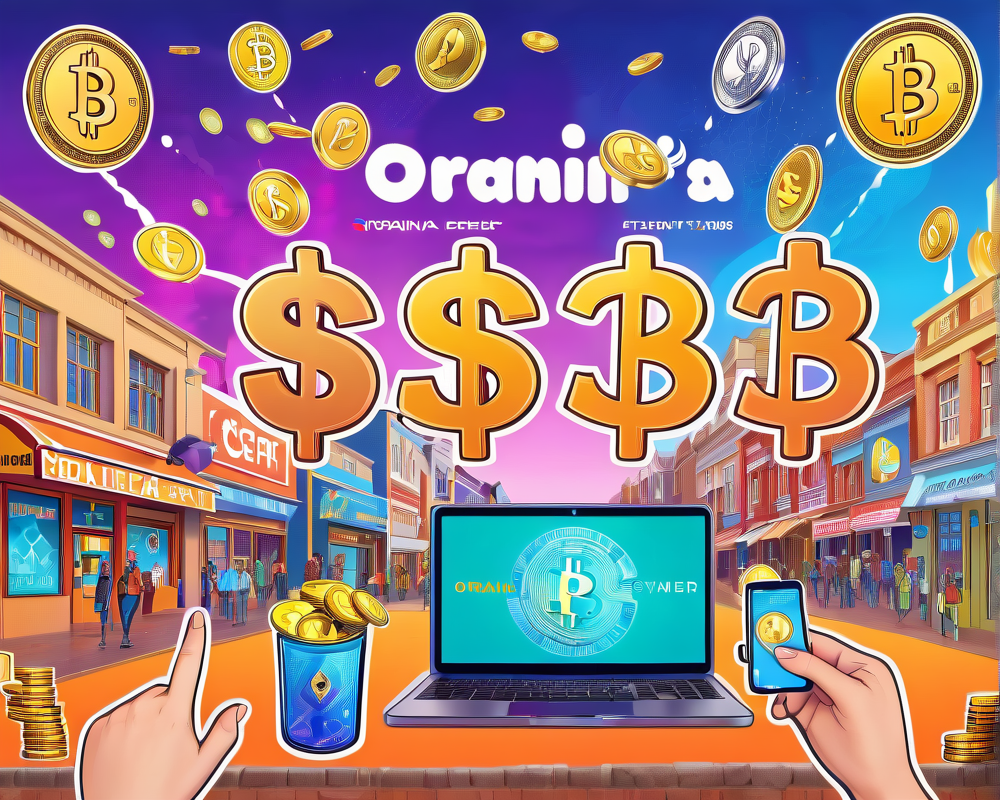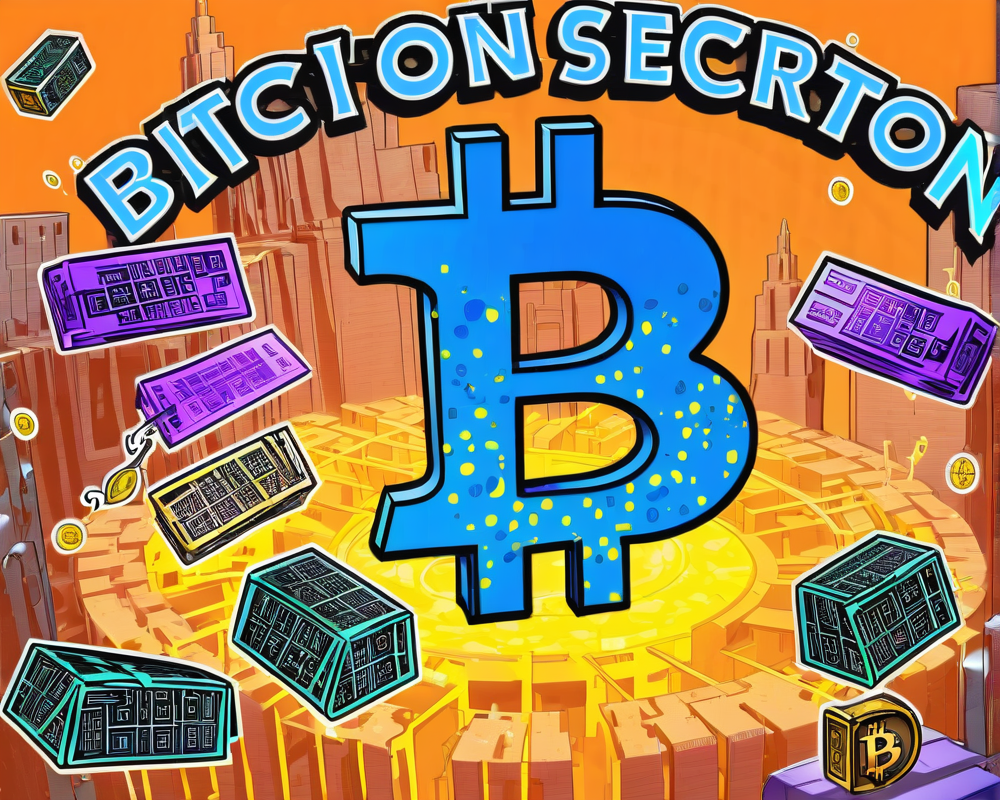The Unique Experiment of Orania
In the dusty corners of South Africa’s North West Province lies Orania, a town that marches to the beat of its own drum—or should we say, its own currency. With a population of just 1,400 predominantly white residents, this community thrives on the principles of self-sufficiency, a concept that’s both intriguing and eyebrow-raising.
A Brief History of Isolation
Founded in 1991 by Afrikaners on private land just in time to dodge the incoming wave of democratic change, Orania stands as a controversial reminder of the country’s apartheid past. The town has carved out a niche for itself, allowing its residents to cling to a way of life that many consider outdated. After all, why adapt to the changing world when you can establish a fortress of nostalgia?
Enter the Era of the Ora
In 2004, with dreams of bolstering local spending, Orania introduced its very own currency: the Ora. Think of it as a collectible token that’s worth about as much as a good cup of coffee—if you trade it solely within town. While the South African Reserve Bank may not recognize this voucher, Oranians have happily swapped it for rands at a one-to-one rate. It’s economics, but with a twist of isolationism.
The Digital Revolution: From Ora to E-Ora
Now, the small town has set its sights on digital currency. With E-Ora on the horizon, it aims to ditch physical notes like a bad habit. Dawie Roodt, a chief economist from a consultancy firm, declared, “If you can reduce the cost of the transaction, you can boost economic activity quite substantially.” Who knew that shedding paper could lead to more cash flow? Although E-Ora may not hold up against Bitcoin anytime soon, the town plans to draw inspiration from modern digital currencies.
Will E-Ora Be the Future or a Farce?
While Orania’s social philosophy may steer visitors away, its venture into digital currency raises some eyebrows. Could this be a microcosmic experiment in economic innovation? With low transaction fees, the hope is that this digital currency will invigorate local commerce. James Kemp, a millennial resident, welcomes the change, stating, “I’m used to mainly doing online banking and the advantages that come with that.” So, does a shiny new digital currency mean a brighter economic future? Only time will tell.




